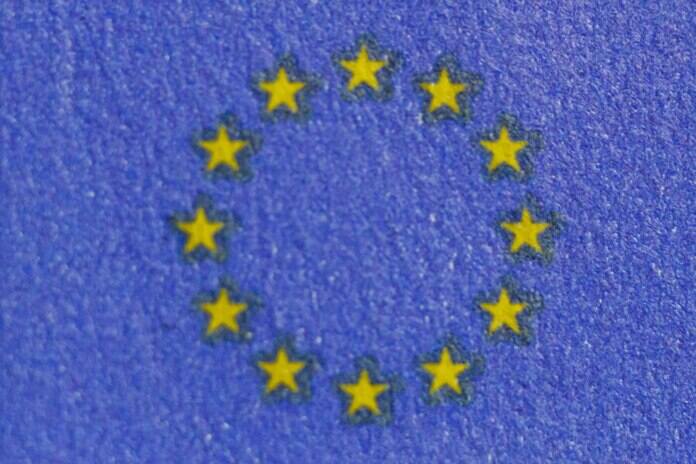A recent Reuters poll indicates a growing consensus among economists that the European Central Bank (ECB) is likely to reduce interest rates in the second quarter of the year. Of the 85 respondents in the poll conducted from January 12 to 17, 59 predict a rate cut in Q2, with 45% specifically pointing to June as the probable timing.
The poll suggests a shift in expectations compared to previous surveys, with more than 70% of respondents now anticipating rate cuts before July. This represents an increase from around 57% in a December poll and 55% in November. The shift indicates a perceived likelihood of earlier action by the ECB to address inflation concerns.
Investors are currently pricing in approximately 150 basis points of rate cuts for the year, with the first reduction expected in April. Despite some members of the central bank’s Governing Council expressing reservations about aggressive easing, economists in the poll generally align with financial markets, predicting the first rate cut in Q2.
The median expectation among economists is for a total of 100 basis points of cuts in 2024, bringing the ECB’s deposit rate to 3.00% by the end of the year. However, opinions vary, with 36 of 85 economists forecasting a higher rate and 27 predicting a lower level.
Concerns about a potential resurgence in inflation remain, although 68% of economists who responded to a separate question consider the risk of a significant resurgence in eurozone inflation over the next six months to be low.
The eurozone is expected to have entered a winter recession, with a predicted contraction of 0.1% in the third quarter and a similar contraction in the fourth quarter. Despite this, even the most pessimistic forecast suggests a shallow recession, with a contraction of just 0.3% in Q4.
The German economy, the largest in Europe, is anticipated to have grown 0.3% in 2023 and is expected to achieve further growth of 1.2% in 2025, although at a slower pace than predicted three months earlier.
Featured Image: Freepik









